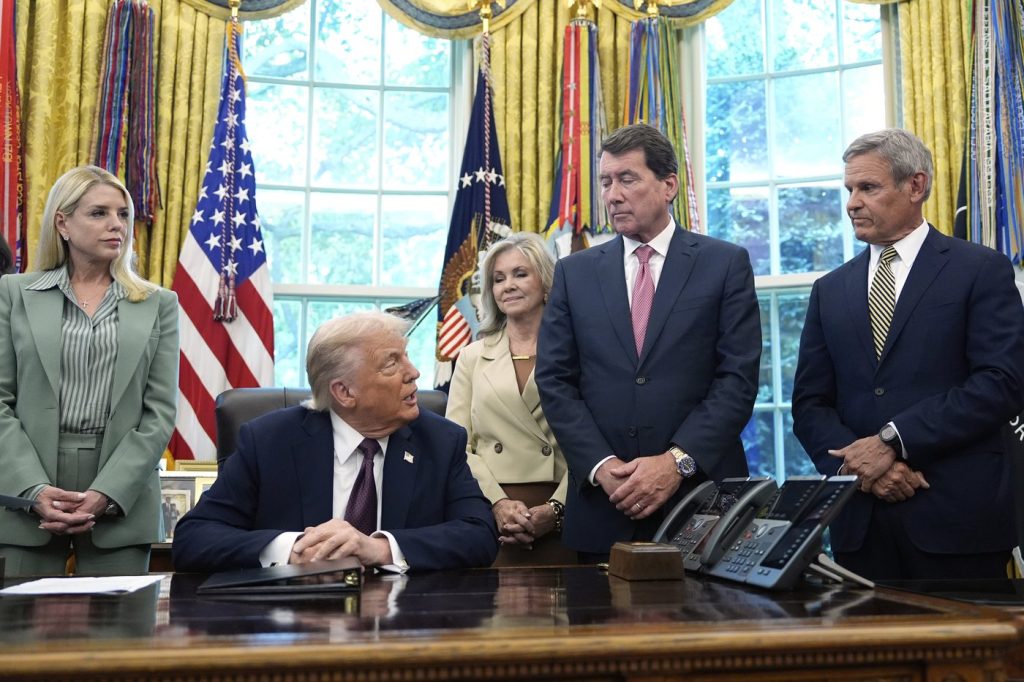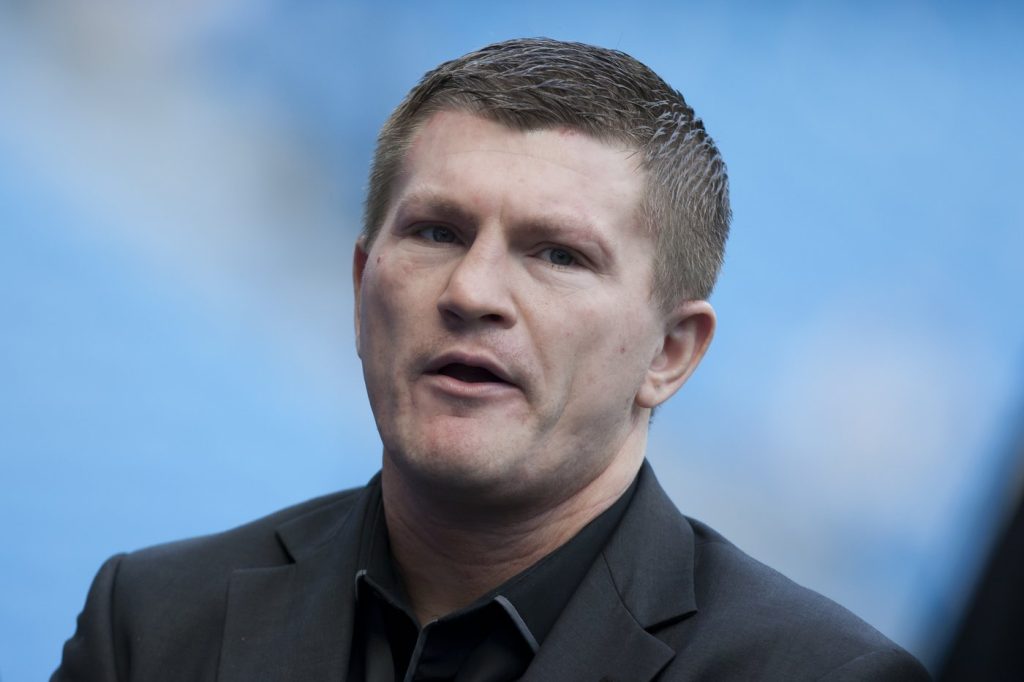DENVER (AP) - Following the shocking assassination of conservative activist and Turning Point USA co-founder Charlie Kirk, the political landscape has become increasingly charged as partisans scramble to assign blame. President Donald Trump was among the first to link the shooting to "the radical left," even before the identity of the suspect was revealed.
This incident is emblematic of a troubling trend in a deeply polarized America, where there is a common practice of quickly attributing acts of public violence to one of two political factions. The rise in physical assaults against both Republicans and Democrats has sparked concerns among experts that this tendency to assign blame could further exacerbate divisions and lead to more violence.
Robert Pape, a political scientist and director of the Chicago Project on Security and Threats at the University of Chicago, emphasized how this cycle of vilifying political opponents can unfold into acts of violence. Following the shooting, authorities arrested 22-year-old Tyler Robinson from Washington, Utah, who had recently expressed negative sentiments about Kirk. Despite being a registered voter without any party affiliation and having not voted in recent elections, he reportedly carved taunting phrases into his ammunition, showcasing a troubling mix of nihilism and political animus.
The FBI has introduced a new categorization called Nihilistic Violent Extremism to track the increase of politically motivated attacks that lack clear ideological underpinnings. Experts argue that modern political assassins often do not fit neatly into partisan boxes. For example, Thomas Mathew Crooks, who shot at Trump during a Pennsylvania campaign rally in the previous year, exhibited little discernible political ideology, having also considered Biden as a potential target for violence.
Bruce Hoffman, a terrorism researcher at Georgetown University, noted that many recent attackers act as lone wolves, drawing influences from a variety of ideologies, thus making it difficult to align them with traditional political movements. As the conversation around political violence evolves, the social atmosphere becomes increasingly incendiary, prompting unstable individuals to commit violent acts, especially when they feel validated by a broader public discourse that permits such behaviors.
Political figures have reacted with a mix of calls for calm and calls for "war." Some conservative leaders echoed Trump's rhetoric, while others, including Rep. Mary Miller of Illinois, blamed the "radical left" for what they see as a growing trend of political violence. On the other hand, figures like Governor Gavin Newsom and former House Speaker Nancy Pelosi urged for unity and calm, emphasizing the need to lower the temperature of political debates. House Speaker Mike Johnson also advocated for reducing the hostility present in political discourse.
Despite the varied reactions, Trump remains a leading figure in the blame game, declaring that "the radicals on the left are the problem" following the announcement of the arrest of the suspect. The Anti-Defamation League reported that all 61 political assassinations in the U.S. from 2022 through 2024 were carried out by right-wing extremists, though this dynamic shifted with an attack linked to an individual from the Islamic State on January 1, 2025.
While acknowledging political violence from the left, experts point out that historically, right-wing extremists have been responsible for more politically motivated attacks on individuals, largely due to the nature of organizations involved and their proclivity toward violence. After Trump pardoned numerous individuals linked to the January 6 Capitol insurrection, the perception emerged that violent actions could be overlooked or forgiven, fostering a climate ripe for further violence.
Those who perpetrate political violence are often not the same individuals engaging in heated online debates. According to Pape, around 40% of such perpetrators may have mental health issues, and public support for violent actions can push these individuals over the edge, as they believe their actions serve the community's interests. Experts express concern that escalating rhetoric, especially from influential political leaders, only serves to inflame tensions and empower extremists on all sides, creating a volatile environment where violence becomes increasingly likely.












